Blake Horsley admits that core funds could withdraw from actively purchasing, perhaps into 2010, and that all major plays could be made by private equity funds who will no doubt offer at lower prices/higher yields than the core funds, such as those from Germany.
“Private equity funds are now beginning to look more closely at Romania, waiting for some owners and developers to become distressed, putting pressure on them to sell quickly at below market value to repay their financiers”, Blake Horsley explained.
He added that distressed asset deals have been happening in other European countries such as Spain for several months and Romania, like the rest of the world will see some vendors in distress.
“We have advised all our clients to 'buy prime'. Those who have bought prime assets and already have good existing financing will be able to ride out the financial crisis and even see some good growth as rents will continue to climb in prime areas”, Colliers’ expat outlined.
Some banks will still lend on prime assets, Horsley added, but all investors will find it very difficult to obtain financing for any stock which is considered secondary and therefore higher risk. Yields for secondary stock will appreciate, as buyers must put more equity into deals to satisfy bank requirements or in some cases 100% equity.
Horsley added that investment funds are still looking at properties in the market, though due to board decisions particularly in publically listed companies, many will be unable to offer on any property for the next few months whilst their boards assess the full impact of the crisis. According to him, a number of these German funds are conservative and generally only need to give a low return to their investors and can purchase in lower risk countries to do achieve these targets.
“It is highly unlikely that core funds will make no investments in this time frame as we have good market fundamentals. However, countries such as Hungary and Ukraine are likely to see very little foreign direct investment from these funds,” said Horsley, mentioning that most of the funds who withdrew from the market had yet to actually buy in Romania, these are the classic core funds, who have a very low appetite for risk.
“The funds who have already purchased here, have an advantage, as they understand how the country works and therefore would be highly likely to resume activity in early 2009 as there will certainly be reduced competition” the Colliers representative stressed, adding that there are already hints of some of these funds looking to re-enter the market.
“As soon as they can access debt then they will be serious contenders once again” Colliers’ expat said.
In Romania the market fundamentals of tenant demand currently outstripping supply, particularly in the Bucharest, will continue to drive the market forward and in prime areas with good access, rents will continue to rise. As a result, without any yield compression, investors will see superior returns than in the developed countries where rental growth will be close to null for the next few years.
“For Romanians with equity and/or access to financing this represents an excellent time to buy as some vendors will soon be forced to sell. The limited international competition, which generally drives the top end of the Romanian investment market, will be weakened for a short period of time, but these funds will be back and competition will resume once again”, Blake Horsley concluded.
Blake Horsely is the first expat in Colliers International Romania team, being in charge with investment funds and transactions higher than 20 million euros with office, retail and industrial spaces developers.
Translated and adapted by Camelia Oancea.
Citeste si:
Calculator Salariu: Află câți bani primești în mână în funcție de salariul brut »
Te-ar putea interesa și:









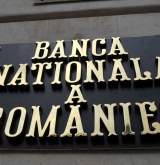

































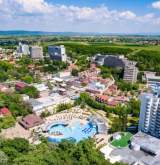





















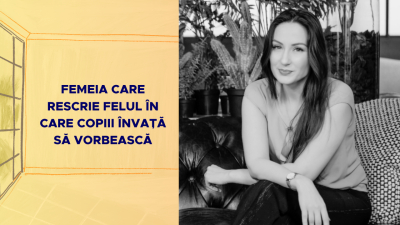






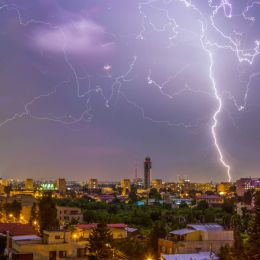
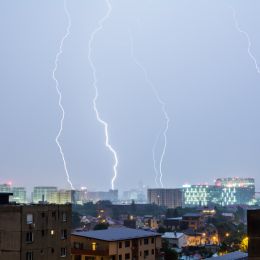
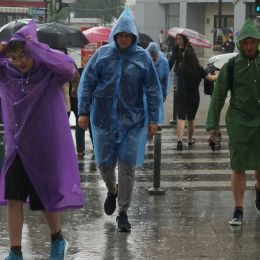







![HR [PLAY] Tech Workout - 11...](https://www.wall-street.ro/image_thumbs/thumbs/973/973fe0a3888d417feff63de42e814180-260x260-00-65.jpg?v=1713977356)









